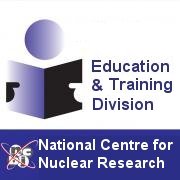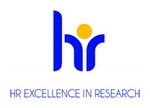Boron clusters in engineering of drugs – current status, challenges, opportunities
2016.04.29 13:15 - adminBoron is a direct neighbour of carbon in the periodic table of elements. Some of its properties facilitate its applications in engineering of biologically active molecules. As yet two drugs of which each molecule contains a single boron atom are used clinically: bortezomib (Velcade®) used in oncology and anti-fungal tavaborol (Kerydin®). A number of other boron-containing drugs are clinically tested.
Boron clusters are compounds containing many boron atoms (e.g. B10H12–2, C2B10H12). Discovery of such clusters has brought about some new opportunities of applications in medical chemistry. Initially they were tested as potential boron carriers in the Boron Neutron Capture Therapy. Currently they are focussed on biologically active clusters, including oestrogen/androgen analogues, antiviral agents, anti-inflammatory agents, antidepressants, inhibitors of carbonic anhydrase, purinergic receptors. Radiopharmaceuticals are another, separate group of boron cluster derivatives, used mainly in the form of some complexes with metals.
Boron clusters are not found in nature, they are purely synthetic compounds. Next to their specific physio-chemical/biological properties that fact is a significant advantage, as the evolution did not have a chance to produce any mechanism of metabolism of those substances. One can expect that they will be more stable in the living cell environment, and that any possible resistance to drugs containing such clusters will form later than in case of fully organic substances.
Selected topics to be presented during the seminar include: boron cluster structure; key properties for drug engineering; examples of application in medical chemistry of both physiologically active agents and radiopharmaceuticals; radiochemistry methods in research on metabolism of boron clusters.
All interested persons are invited.
| Attachment | Size |
|---|---|
| 27.82 KB |













